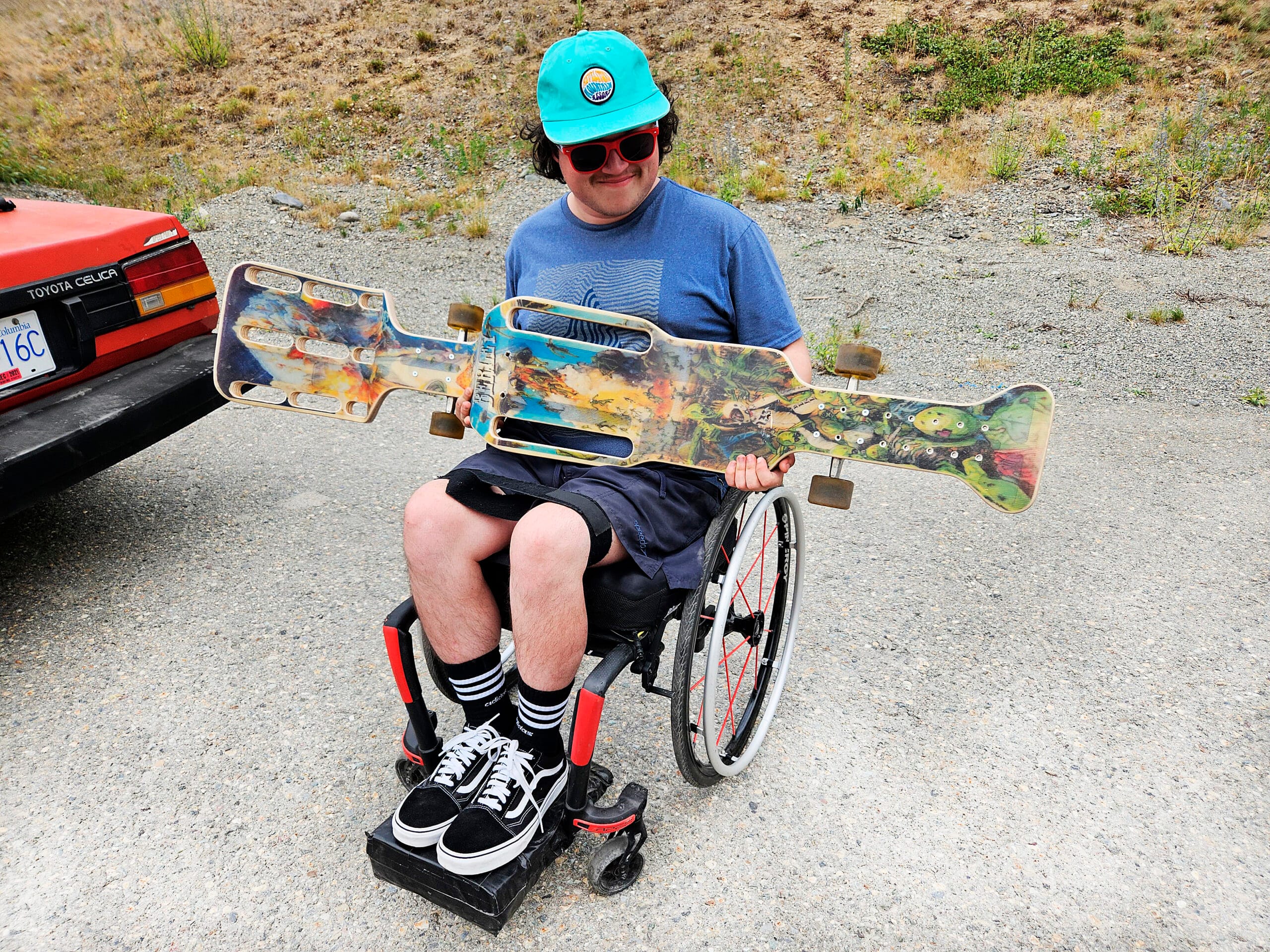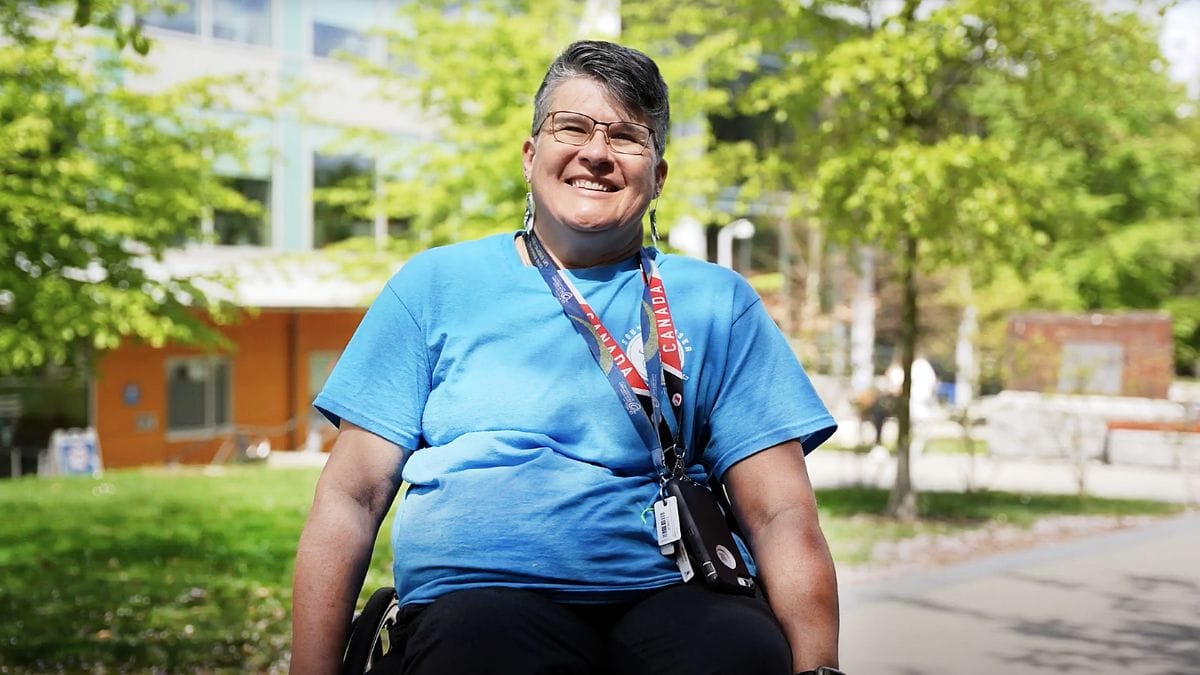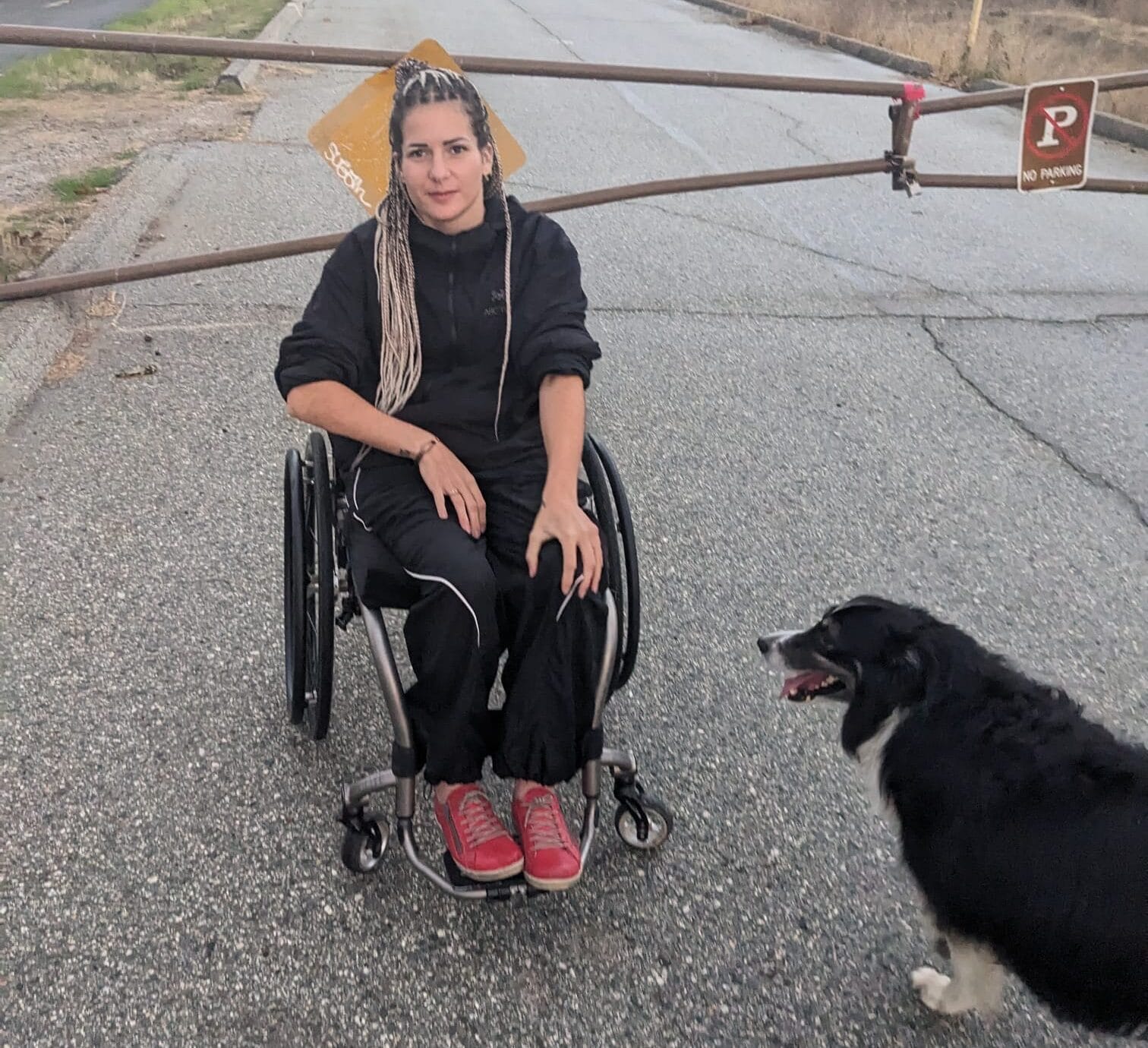
1. I wish…my doctor had a basic understanding of SCI and was willing to learn more!
I wish my doctor would know anything about SCI, even just where to get the information when needed. And read the validated information I bring in. As well, if I am your first patient with SCI, now is the time to learn so your other patients can benefit!
2. I wish…my doctor listened to me when I talk about pain.
People with SCI can have pain below the injury site. It is not in my head, and it affects my daily life. I wish my doctor would understand pain after SCI and know how to treat it.
3. I wish…doctors and staff at the walk-in clinic and emergency room (ER) understood how they can help people with disabilities in our medical system.
It’s not my fault I don’t have a primary care doctor—it would be great to have one! I need your help to get a referral to specialists that are an essential part of my healthcare. And I wish you wouldn’t ask me, “What happened?” every time I come to the walk-in clinic. I am not inspirational: I am just here to address an issue.
4. I wish…my doctor realized that my SCI makes early appointments hard!
Living with SCI, my basic body functions rely on strict routines and support from caregivers that make it challenging for me to go to early appointments. An 8 am appointment creates a scheduling headache! For me to have access to medical care, I sometimes need understanding and flexibility from those scheduling appointments.
5. I wish…my doctor knew about autonomic dysreflexia and how bodies can react after SCI.
I manage a range of blood pressure (BP) issues, from low BP to high BP. Threading the needle to keep it in a healthy range is important for my health. I wish my doctor could identify the symptoms and causes of autonomic dysreflexia (AD) and would know how to treat AD in a critical situation.
6. I wish…my doctor understood how physical barriers in their office affect my health and access to medical care.
My mobility and function impact my ability to transfer to a high exam bed, remove clothing, use a scale, and bear weight. I wish my doctor would see this as a problem they can help solve, rather than leaving it up to me. Height adjustable examination tables exist and allow for medically required exams for a larger percentage of wheelchair users. Having at least one in their clinic helps them better serve many patients. Accessibility includes things inside and outside the exam room, such as an entrance with power doors, accessible height reception counter, and accessible seating.


We wish doctors knew how inaccessibility affects our care: SCI BC’s Jocelyn Maffin grabbed this shot of the reception counter at a local clinic where only the receptionist’s ponytail is visible from a seated height.
7. I wish…my doctor understood how UTIs are different for people with SCI.
I wish my doctor would know the best practice UTI protocols for a person with SCI, as opposed to how UTI’s are typically treated in people without SCI. I use catheters, so there will always be bacteria in my urine. I know my body and I know when I have a bladder infection. I need an antibiotic prescription, not to wait for an appointment.
8. I wish…my doctor understood that every injury is different, but there are common issues people with SCI experience.
I wish my doctor understood all the issues that come with SCI, such as bladder and bowel management, skin health, and autonomic dysreflexia. I want my doctor to understand that SCIs can vary widely between each person—and that walking doesn’t mean the person is cured.
9. I wish…my doctor would work collaboratively with other clinicians and recognize when I need a referral for specialized care.
I wish my doctor would know where and how to refer someone with SCI who has more complex concerns. Sometimes it’s just not working, and I might just be here for you to refer me to a specialist. You can connect me with specialists at GF Strong and the Blusson Spinal Cord Centre.
10. I wish…my doctor worked together with me on paperwork.
I rely on many basic services that require physician verification of my disability which is both time consuming and costly. I know you hate it too, but I hope you will work with me on it. If you’re willing to review and sign, I will bring the forms or write a letter with details of the equipment, supplies, specialist referral, or prescriptions I need. I can help make it easier for you if you are open to it.
Did we miss anything?
This article was originally published in the Summer 2024 issue of The Spin. Read more stories from this issue, including:
- Adaptive paragliding
- Artificial intelligence
- Nutrition
- Partner exercise
And more!
Read the full Summer 2024 Issue of The Spin online!





